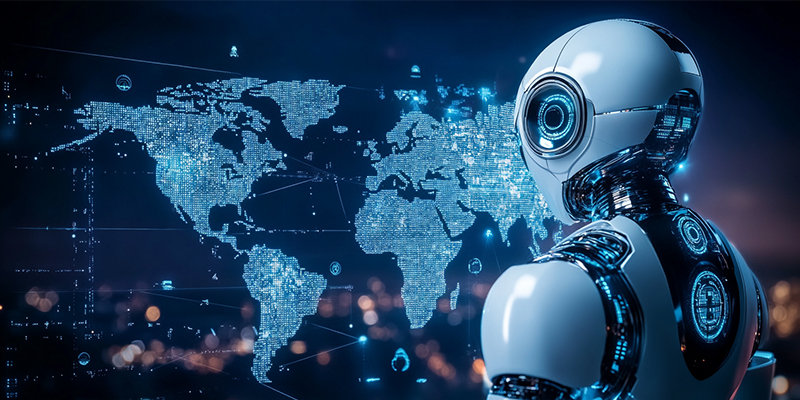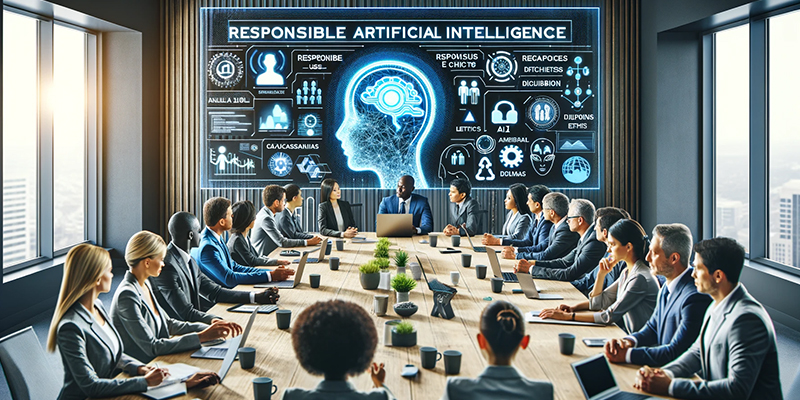
We are entering an AI-polar world, where power is no longer solely held by nation-states but shared with tech conglomerates wielding advanced AI, semiconductor capabilities, and vast datasets. Figures like Elon Musk and Pavel Durov exemplify this shift, influencing geopolitics through platforms like Starlink and Telegram.
Countries such as China, India, and Germany are heavily investing in AI and quantum computing, challenging the U.S. to maintain its technological edge. The recent leadership turmoil at OpenAI highlights the urgent need for cohesive AI governance. The industry is split between safety-first technocrats advocating for strict regulations and techno-optimists favoring minimal oversight.
Responsible AI requires proactive governance, including global auditing standards, transparency, and secure data practices. The EU's AI Act and the U.S. Executive Order on AI represent differing approaches to regulation.
AI's impact extends to labor markets, with automation transforming industries like logistics and healthcare. Governments must invest in reskilling programs to mitigate potential unemployment.
In cybersecurity and defense, AI is becoming a critical tool, with state-backed actors using it for sophisticated cyberattacks. Establishing enforceable AI governance frameworks is essential to ensure global stability and ethical innovation.
Countries such as China, India, and Germany are heavily investing in AI and quantum computing, challenging the U.S. to maintain its technological edge. The recent leadership turmoil at OpenAI highlights the urgent need for cohesive AI governance. The industry is split between safety-first technocrats advocating for strict regulations and techno-optimists favoring minimal oversight.
Responsible AI requires proactive governance, including global auditing standards, transparency, and secure data practices. The EU's AI Act and the U.S. Executive Order on AI represent differing approaches to regulation.
AI's impact extends to labor markets, with automation transforming industries like logistics and healthcare. Governments must invest in reskilling programs to mitigate potential unemployment.
In cybersecurity and defense, AI is becoming a critical tool, with state-backed actors using it for sophisticated cyberattacks. Establishing enforceable AI governance frameworks is essential to ensure global stability and ethical innovation.



